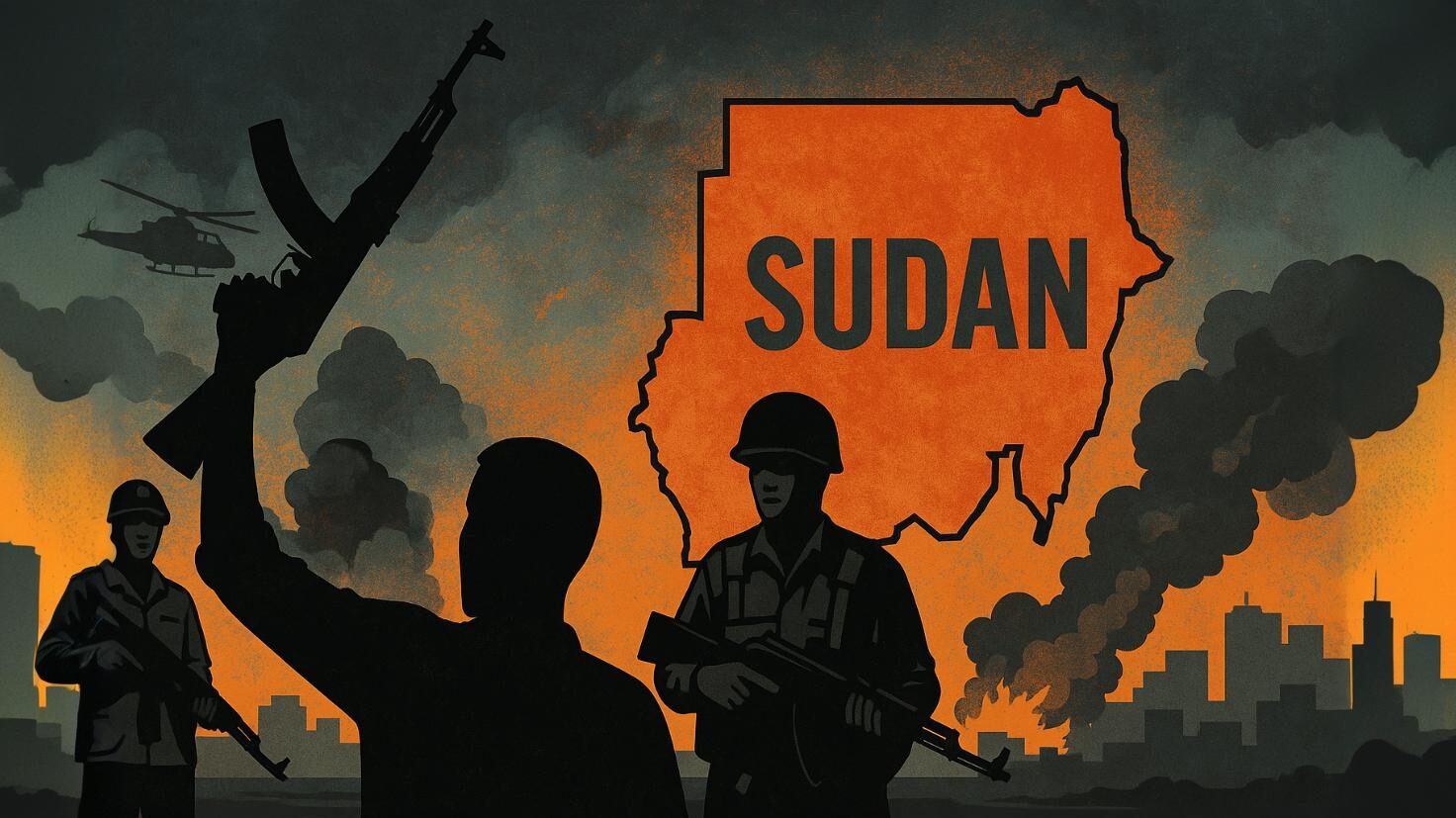Sudan and the Real Danger Emanating From the Region
Al-Masry Al-Youm, Egypt, April 19
Sudan now stands at a critical crossroads, despite recent gains by the Sudanese army in reclaiming large areas of territory it had previously lost, including parts of the capital, Khartoum. The ongoing conflict between the Sudanese Armed Forces, led by General Abdel Fattah al-Burhan, and the Rapid Support Forces, under the command of Mohamed Hamdan Dagalo, known as Hemedti, is not only one of the bloodiest but also one of the most complex wars currently unfolding in the region. Its consequences are not confined to Sudan’s borders; rather, they pose a serious threat to the stability of the broader region.
The prolonged civil war has laid the groundwork for one of the most alarming security transformations in the Horn of Africa: the potential evolution of Sudan into a fertile breeding ground for armed factions and militias driven by extremist ideologies. The near-total collapse of state institutions, the fragmentation of security agencies, and the absence of a functioning central authority capable of asserting control across the country have created ideal conditions for radical groups that thrive in environments defined by political disintegration and security vacuums. Experiences in Libya, Syria, and Somalia have demonstrated that such conditions often catalyze the rise of jihadist or ultranationalist factions that embed themselves in marginalized, impoverished communities, exploiting social grievances and a lack of governance to bolster their ranks.
Sudan’s vast geography and the difficulty of monitoring its porous borders—especially in regions like Darfur, Kordofan, and Blue Nile—further exacerbate the situation, making the country increasingly susceptible to infiltration by weapons smugglers and human trafficking networks. This ease of movement facilitates the transit and entrenchment of extremist cells, often originating from other regional flashpoints in the Sahel or the Horn of Africa. The danger escalates with the growing presence of tribal militias, some of which employ religious rhetoric to mobilize their constituencies, thus blurring the line between sectarian loyalty and ideological extremism in the absence of centralized oversight.
Give the gift of hope
We practice what we preach:
accurate, fearless journalism. But we can't do it alone.
- On the ground in Gaza, Syria, Israel, Egypt, Pakistan, and more
- Our program trained more than 100 journalists
- Calling out fake news and reporting real facts
- On the ground in Gaza, Syria, Israel, Egypt, Pakistan, and more
- Our program trained more than 100 journalists
- Calling out fake news and reporting real facts
Join us.
Support The Media Line. Save democracy.
More troubling still is the possibility that these groups could attract financial and logistical support from external actors seeking to exploit Sudan’s chaos to serve their strategic agendas. Such developments could transform Sudan into a new theater of proxy warfare and sectarian conflict, endangering the security of neighboring states, including Egypt, Chad, Ethiopia, and South Sudan, while also threatening key maritime routes in the Red Sea.
International organizations and UN agencies have repeatedly sounded the alarm about this trajectory. They warn that if the conflict continues without decisive international engagement, Sudan risks following the path of “Somalization”—a scenario in which the state fragments into zones controlled by competing militias, some of which may adopt extremist ideologies that could destabilize not just the region, but international security more broadly. A January 2024 report from the UN Security Council explicitly warned of Sudan’s potential to become a “safe haven for terrorists” if the war is not halted and efforts to restore a civil state are not urgently initiated.
One of the gravest implications of the Sudanese conflict is that it poses a dual threat: not only could the country collapse or fracture irreparably, but it could also emerge as a new epicenter for terrorism in Africa. This underscores the urgent need for a coordinated regional and international response—one that goes beyond humanitarian relief to include sustainable political and security strategies aimed at stabilizing the country, restoring governance, and preventing the rise of violent extremism.
Abdel Latif El-Menawy (translated by Asaf Zilberfarb)



